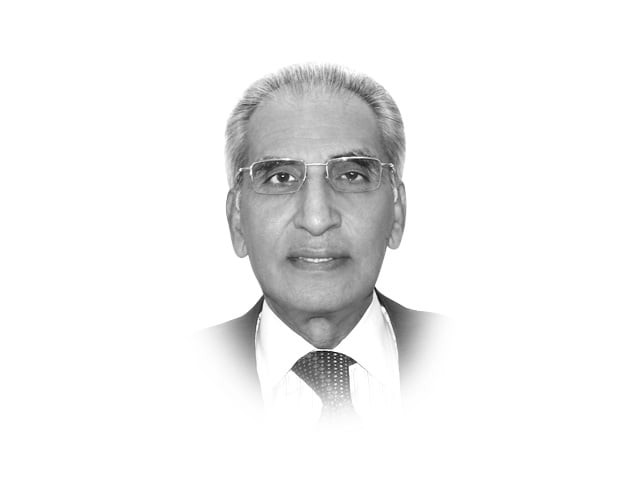Diplomacy reinvigorated
Pakistan may not be able to react with the required skill and imagination to the emerging challenges.

This is a welcome development except that, with its military yet to recover from the Abbottabad humiliation and the political leadership confused and rudderless, Pakistan may not be able to react with the required skill and imagination to the emerging challenges.
Indian Prime Minister Manmohan Singh’s visit to Kabul, only days after Osama’s death, became an occasion for Indians to claim that it had opened up for them, “options and resources that it did not have in the past”. Singh’s announcement of additional economic aid worth half-a-billion dollars and an agreement on security cooperation, were seen as signalling India’s determination to play a critical role in that country. More importantly, India’s abandonment of its long-held refusal to talk with the Taliban was characterised as ‘a leap of faith’ and an ‘audacious move’. Some also saw in Singh’s failure to reiterate India’s earlier stand favouring Afghanistan’s neutrality, a tacit endorsement of a long-term western troop presence in Afghanistan, especially with the US now publicly expecting India, in the words of US Special Envoy, Marc Grossman’s, to play “an important role in Afghanistan”.
Many US experts and legislators have called upon US President Obama to recognise Osama’s death as a ‘strategic rationale’ to launch the endgame in Afghanistan, especially by focusing on crafting a new political dispensation, inclusive of the Taliban. Clearly, the US has shed off many of its earlier reservations regarding ‘meaningful dialogue’ with the Taliban, evidence of which was contained in Secretary Clinton’s little-noticed but important speech on February 25, in which she appeared to go some distance in meeting a few of the Taliban demands, which explains reports of US-Taliban talks, albeit through third-party intermediaries, such as the Germans or the Turks. But whatever the format, unless Afghanistan’s neighbours guarantee its sovereignty and refrain from interference in its internal affairs, the country could once again fall victim to external machinations.
Though still haunted by memories of its disastrous involvement, Russia has not remained a disinterested spectator in Afghanistan. Moscow has welcomed Karzai twice in the past 12 months and has also reached out to Islamabad, both bilaterally and in the context of the SCO. At the same time, it has assured the US that it would permit Nato expanded use of its territory for transit of additional quantities of food, fuel and armoured vehicles to Afghanistan, to lessen US dependence on Pakistan. It has, however, remained ambivalent about continued US stay in Afghanistan, not wanting the Americans to stay there indefinitely but not favouring a hurried exit either, lest it embolden the militants who have become a headache for it in the south.
Though unable to provide a convincing explanation for the Abbottabad fiasco, Prime Minister Gilani’s scheduled visit to China turned out to be most fortuitous for the traumatised nation. Not only did it provide the two sides an opportunity for an in-depth exchange on bilateral ties and regional developments, but Beijing’s words of support and understanding were most helpful. In particular, Prime Minister Wen Jiabao’s remark that regardless of changes in the international landscape, China and Pakistan would remain forever good neighbours, good partners and good brothers, was a boost to the country’s sagging morale.
While these statements are welcome, it will take much more to restore normalcy to the country, as evident from the attack on the naval base in Karachi. Since the attackers reportedly had inside ‘help’, it is likely to renew concerns about the security of our nuclear assets, which may prompt some countries to call for international safeguards to be placed on them. While our relations with the US should certainly be ‘reviewed’, it is even more urgent to review our domestic policies.
Published in The Express Tribune, May 25th, 2011.















COMMENTS
Comments are moderated and generally will be posted if they are on-topic and not abusive.
For more information, please see our Comments FAQ